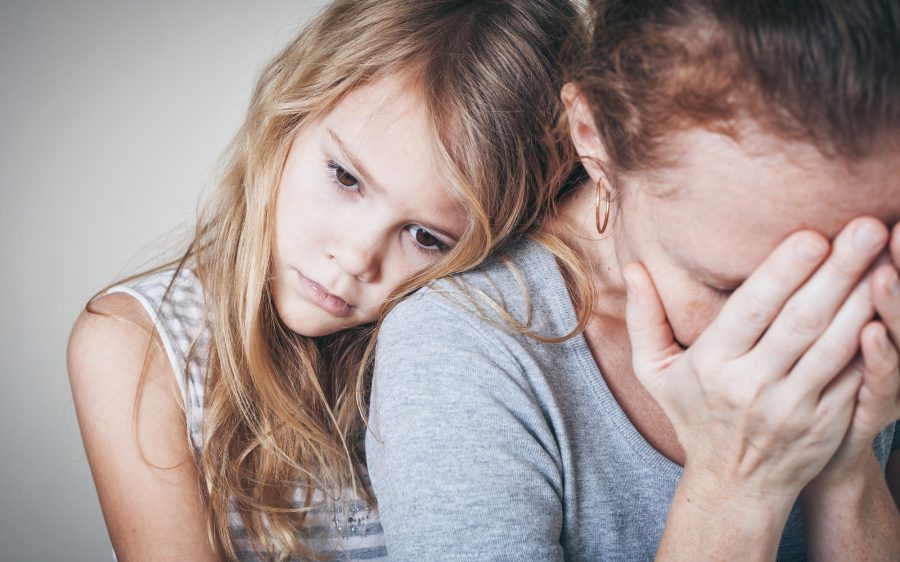
Content medically reviewed by Vicky Magobet, PMHNP-BC, on September 21st, 2021.
There is no one way to mourn the passing of a loved one. Everyone is unique in the way they handle their grief. Some rely on their reasoning and logic, while others experience death in a more emotional way.
When coming to grips after someone we cared about has died, there is no right or wrong method. However, if you're finding it difficult to achieve closure, you may require the assistance of a grief counselor. These are trained individuals familiar with psychotherapy methods to help you cope with the grief and mourning that accompanies the death of a loved one. Major life changes, such as divorce or a child battling addiction, can also give rise to grief.
But how do you know if it's time to see a grief counselor? When examining yourself and your situation, it's important to be self-aware. Grief counseling could be the very thing you need to help you move forward with your life. Here are some signs that could indicate grief counseling would benefit you.
It's completely normal to need privacy as you process your feelings about the death of someone you cared for. It's beneficial to take quiet times of reflection, maybe even writing your thoughts down in a journal. However, if you find yourself avoiding family and friends, it's important to find out why.
Life doesn't stop when someone you love dies. It's okay to have interests, goals and activities that make you happy, and it's healthy to pursue things you enjoy doing. However, grief sometimes causes people to lose interest in these things. You may even feel guilty about finding happiness. Therapy can help you come to terms with this and move forward.
Sadness, anger and confusion are all completely acceptable responses to death, but sometimes people experience the opposite — numbness to all emotions. If you're finding it difficult to access your feelings because a loved one has died, therapy may be needed to help you understand your lack of emotion and even allow you to find a way to grieve healthily.
There are other kinds of people who want to avoid their feelings at all costs. They find things to keep themselves busy, so they don't have to deal with their sadness and grief. Burying your emotions and escaping can only work for so long. Eventually, you will need to come to terms with this huge life change.
If you're considering hurting yourself or find yourself dwelling on your own death, this is one of the hallmarks of depressive thinking. Don't let these thoughts plague your mind. Find someone you can trust to share these feelings with.
Mood changes are normal when you're experiencing grief. But if you find yourself acting or behaving in unexpected ways that are uncharacteristic of your personality, you should seek help. While in the midst of grief, some people find themselves doing things they wouldn't normally do, and this could give rise to future issues. This is especially true of actions that could lead to patterns of addiction, like abusing drugs or alcohol.
Seeking professional help to cope with your grief is not a sign of weakness. If you find yourself unable to move forward, grief counseling is especially helpful, and there is nothing to be ashamed of. Even if it makes you feel vulnerable, there is nothing wrong with asking for help. It may be the very thing you need to move on with your life.
If grief has led to a pattern of addiction and you're ready to break free, contact Diamond House Detox. Not only can we assist you with getting drugs and alcohol out of your system, but our counselors can help you find coping techniques to deal with your grief healthily.